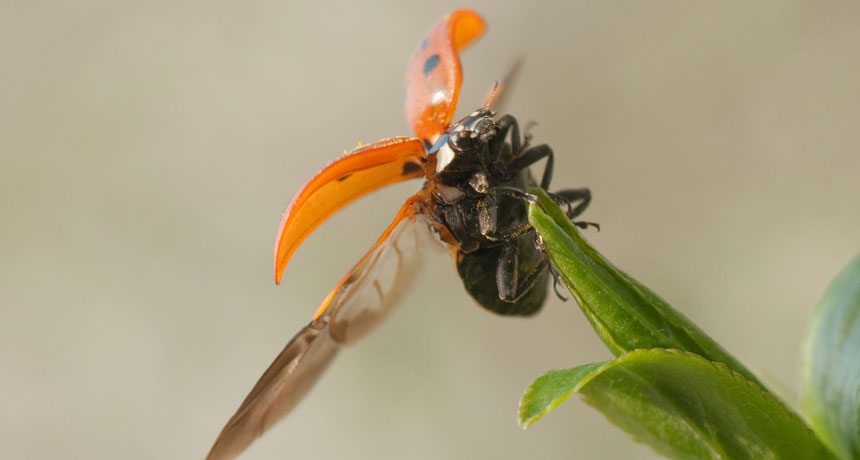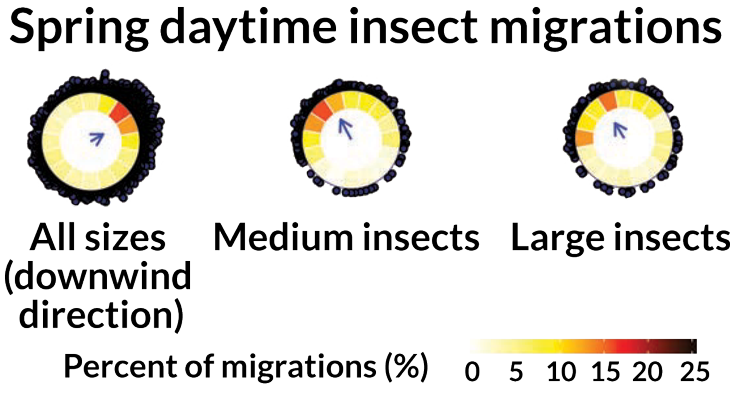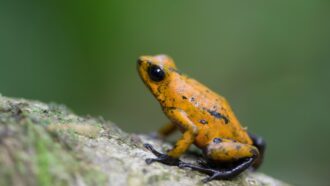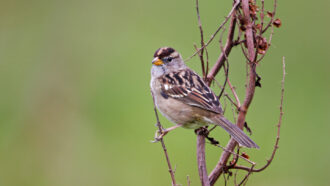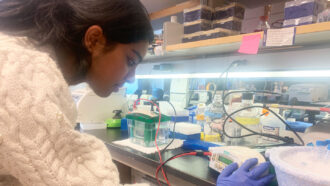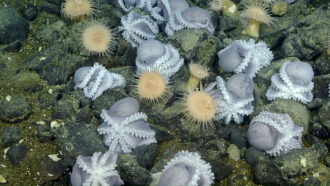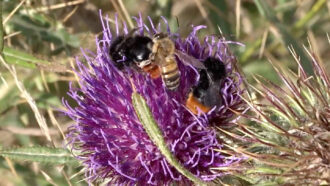blue whale A species of baleen whale (Balaenoptera musculus) that is the largest animal ever known to have existed. They can grow to lengths of 30 meters (almost 100 feet) and weigh up to 170 metric tons.
ecosystem A group of interacting living organisms — including microorganisms, plants and animals — and their physical environment within a particular climate. Examples include tropical reefs, rainforests, alpine meadows and polar tundra.
fundamental Something that is basic or serves as the foundation for another thing or idea.
generation A group of individuals born about the same time or that are regarded as a single group. Your parents belong to one generation of your family, for example, and your grandparents to another. Similarly, you and everyone within a few years of your age across the planet are referred to as belonging to a particular generation of humans. The term also is sometimes extended to year classes of other animals or to types of inanimate objects (such as electronics or automobiles).
migrate (n. migration) To move long distances (often across many countries) in search of a new home. (in biology) To travel from one place to another at regular times of the year to find food or more hospitable conditions (such as better weather). Species that migrate each year are referred to as being migratory.
spider A type of arthropod with four pairs of legs that usually spin threads of silk that they can use to create webs or other structures.
trillion A number representing a million million — or 1,000,000,000,000 — of something.
United Kingdom Often referred to as Britain, its roughly 60 million people live in the four “countries” of England, Scotland, Wales and Northern Ireland. More than 80 percent of the United Kingdom’s inhabitants live in England. Many people — including U.K. residents — argue whether the United Kingdom is a country or instead a confederation of four separate countries. The United Nations and most foreign governments treat the United Kingdom as a single nation.
